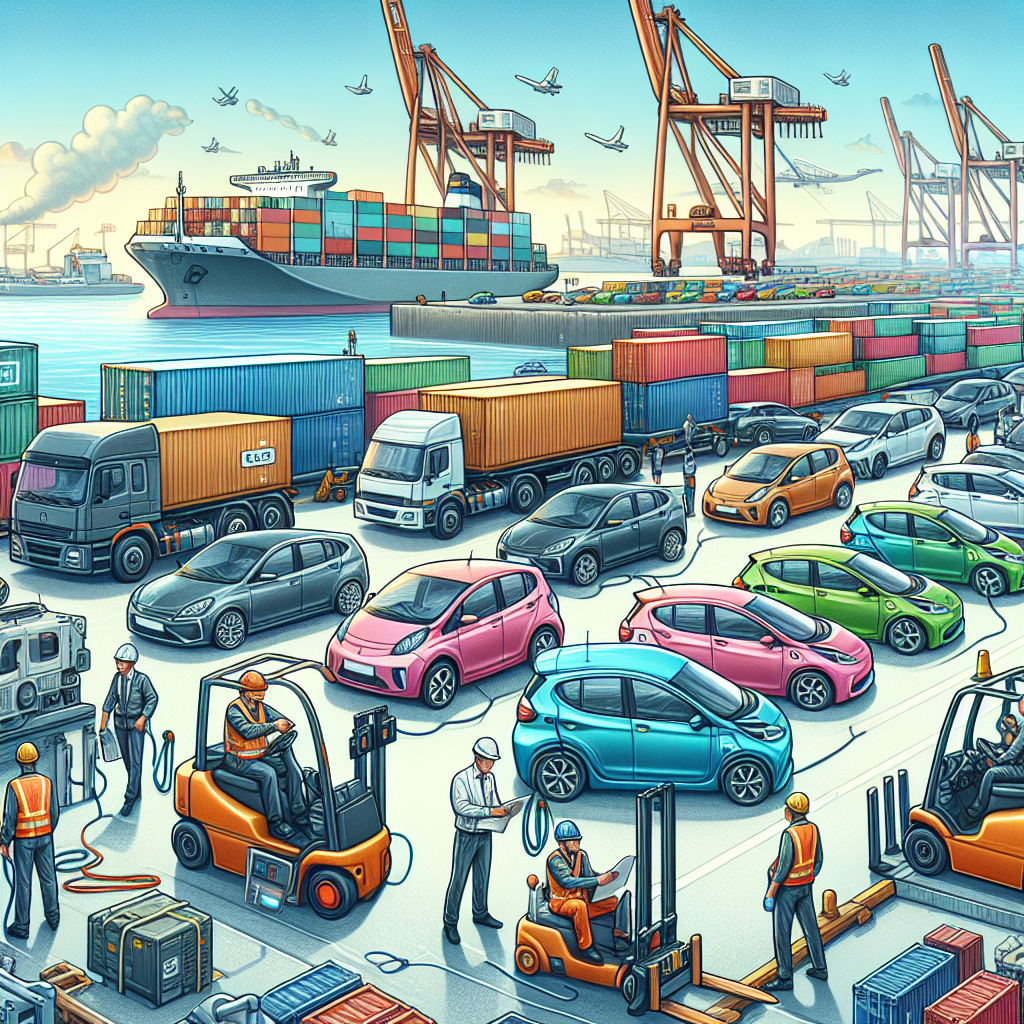Accelerating India's Electric Future: Strategies for Swift EV Adoption
Niti Aayog has urged the Indian government to implement a comprehensive National EV policy, setting clear goals and timelines for electric mobility. The report highlights the need for expanded CAFE norms, strategic scaling of charging infrastructure, and enhanced public awareness to boost India's EV penetration, which lags behind global averages.

- Country:
- India
The Indian government's think tank, Niti Aayog, has made a compelling case for a National Electric Vehicle (EV) policy designed with clear targets and timelines to expedite India's transition to electric mobility.
In its report, 'Unlocking a USD 200 Billion Opportunity: Electric Vehicles in India,' Niti Aayog highlighted the necessity of broadening corporate average fuel efficiency (CAFE) norms across a wider range of vehicles. Furthermore, the report suggests establishing a comprehensive EV policy, complete with target timelines, to advance zero-emission vehicle adoption.
With India's goal of achieving a 30 percent share of electric vehicles in total vehicle sales by 2030, the report urges immediate action to accelerate progress. Proposals include creating a pooled fund for EV procurement, prioritizing service delivery models, bolstering R&D to reduce battery costs, and scaling charging infrastructure to meet these ambitious objectives.
(With inputs from agencies.)
ALSO READ
Delhi, Maharashtra, and Chandigarh Lead India's Electric Mobility Transformation
Delhi, Maharashtra, and Chandigarh Lead NITI Aayog's Electric Mobility Index
NITI Aayog Launches India Electric Mobility Index to Accelerate State EV Progress
Powering India Forward: Niti Aayog's Bold Push for Electric Mobility










